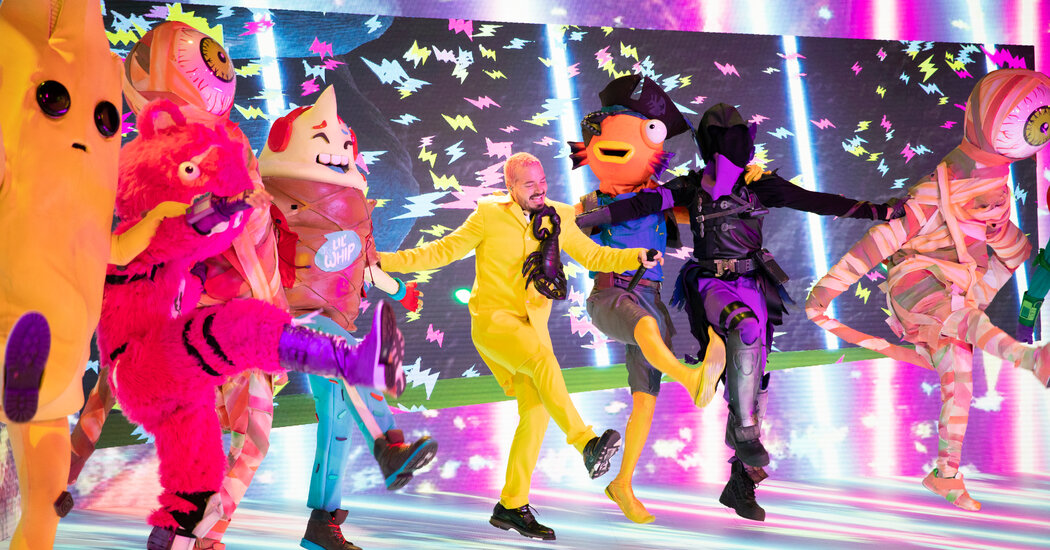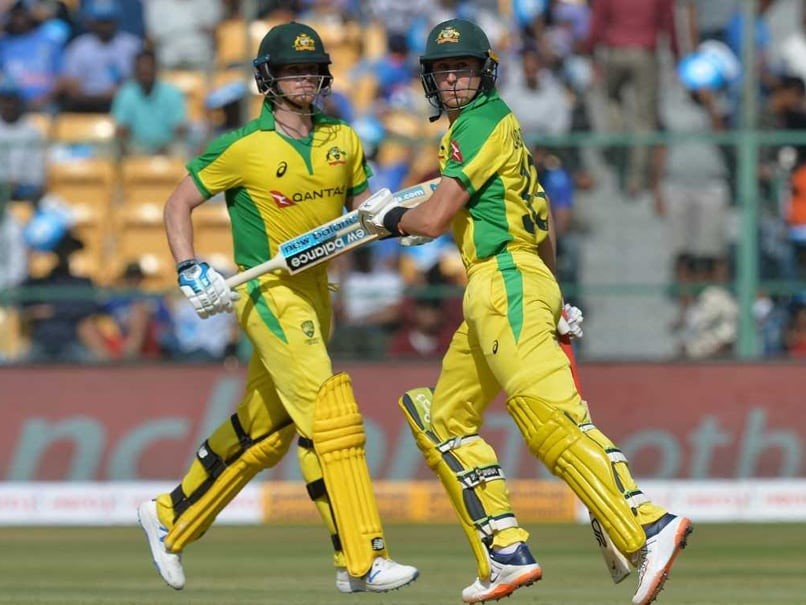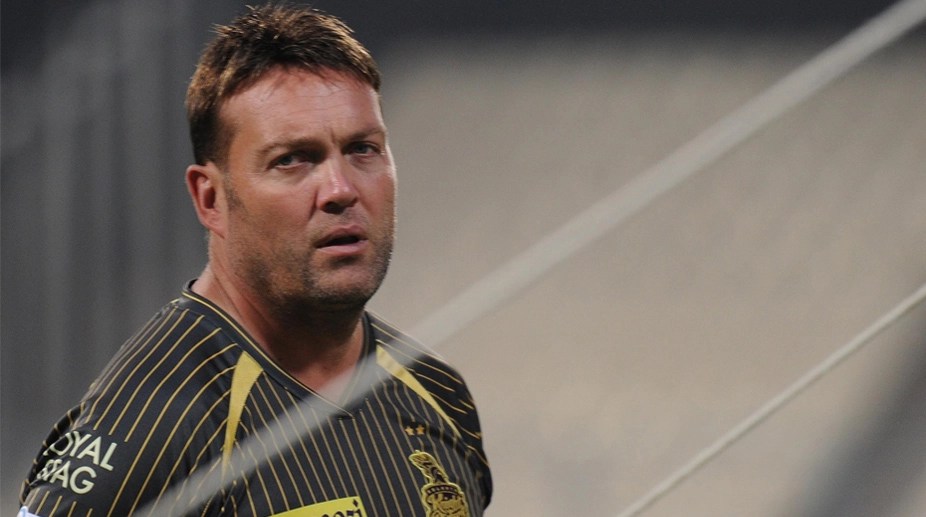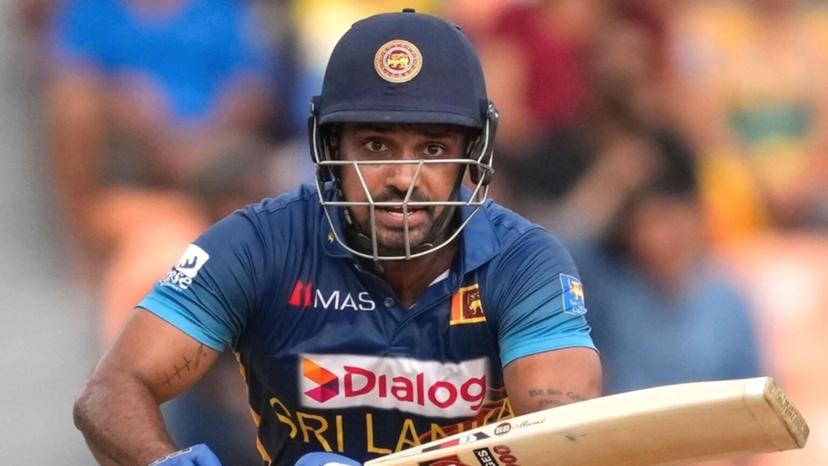

But as streaming has become the dominant format for music, artists have begun complaining, loudly, that they are not receiving their fair share of the bounty. According to industry estimates, Spotify pays record labels, music publishers and other rights holders about one-third of a cent for every click of a song; what portion of that money makes its way into a musician’s pocket is determined by their deals with those labels and publishers.
On Bandcamp, on the other hand, artists can upload their own work and set the pricing rules for downloads of their own work — pay-what-you-wish pricing is common. During the pandemic, Bandcamp has waived its fees once a month on “Bandcamp Fridays,” bringing the company waves of goodwill. Even more surprising, Bandcamp says it has been profitable since 2012. (Last year, Spotify had $10.7 billion in revenue and lost about $276 million, according to company reports.)
Epic Games, which is based in Cary, N.C., and is privately owned, said little about its plans for music, and a company spokeswoman declined to answer further questions about the deal. But Epic’s statement on Wednesday indicated that it was interested in Bandcamp as a direct-to-consumer marketplace. “Epic and Bandcamp share a mission of building the most artist-friendly platform that enables creators to keep the majority of their hard-earned money,” the company wrote.
Fortnite, Epic’s flagship game, has been one of the most innovative outlets for music in video games, allowing artists to appear virtually, often in elaborately produced segments. In April 2020, the rapper Travis Scott made what was widely seen as a breakthrough appearance, drawing 28 million players to his virtual performance. For Halloween that year, the Latin pop star J Balvin gave a campy concert dressed as a green-haired Frankenstein’s monster, backed by dancers in costume as ghosts and zombie Cyclopes.
Epic has also taken center stage in one of the most high-profile debates in current tech policy. The company sued Apple in 2020, saying that the terms of its App Store — which takes payment commissions of up to 30 percent — were unfair. Epic also fought the public-relations battle around that lawsuit with slick, meme-ready content like “Nineteen Eighty-Fortnite,” a parody of Apple’s famous “1984” TV ad that introduced its Mac computer as a joyful disrupter of gray tech monopolies.
24World Media does not take any responsibility of the information you see on this page. The content this page contains is from independent third-party content provider. If you have any concerns regarding the content, please free to write us here: contact@24worldmedia.com

Marnus Labuschagne Caught Off-Guard By ODI Captain Call After Steve Smith Snub

Everyone Is Looking Forward To It, The Standard Will Be Very High – Jacques Kallis On CSA’s SA20

Danushka Gunathilaka Granted Bail On Sexual Assault Charges

Ramiz Raja Sends Legal Notice To Kamran Akmal For Defamatory, False Claims Against The Board

Harbhajan Singh Reckons Mumbai Indians Should Release Kieron Pollard Ahead Of The IPL Auction 2023

Ian Bishop Praises Sam Curran For His Performances On Bouncy Australian Tracks

Why Choose A Career In Child Psychology?